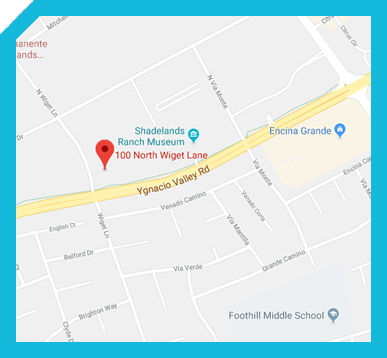
Improved quality of life, increased mobility, and pain relief are all common results of knee replacement surgery. If you are considering knee replacement, knowing the right questions to ask your doctor is key. As an orthopedic surgeon, my goal is to help my patients understand their anatomy, conditions and treatment options for knee pain.
There are 10 important questions to ask your doctor or orthopedic surgeon, in your journey towards knee replacement:
- Is your surgeon fellowship-trained in joint replacement or adult reconstructive joint replacement surgery? An orthopedic fellowship adds years of surgical and clinical training and experience after residency for all aspects of patient care, including inpatient and outpatient management related to the reconstructive joint replacement.
- How many knee replacements do they perform? Experience is crucial to optimal patient outcomes. Do they do large numbers of knee replacements every day or do they limit their cases each day?
- If there is a problem, do they have experience with revision or re-do surgeries? Surgeons that are experienced in complex revisions of knee surgery can resolve complex issues that might arise during surgery.
- Is the surgery performed in a surgery center accredited by the Joint Commission for outpatient joint replacement? Benefits of Orthopedic Certifications include a higher level of clinical service, consistency in approach to care and decrease in error risk, improved staff development and recruitment, and a pathway to overall excellence.
- Do they offer alternative surgeries for knee arthritis? Alternative treatments to knee replacement can be a valid option for many patients. Osteotomies (realignment) or partial knee replacement are procedures to learn more about.
- Are they active in research and continued medical education? Do they or have they published peer-reviewed articles in the field of knee replacement? As the world of science and technology progresses, it is important to develop and participate in the field of orthopedic research for better patient outcomes.
- Do they arrange for a home health visit prior to your surgery? Home healthcare can be a convenient and ideal scenario for many patients.
- Do they have a comprehensive pain management program for you after the surgery? Having a robust treatment plan for dealing with post surgical pain can improve your recovery and healing process.
- Do they use the latest technology like robotics or 3D printed cutting guides? Some of the new artificial intelligence and robotic advancement in orthopedic technology is amazing. This technology helps reduce human error and can improve patient outcomes.
- Do they collect prospective outcomes data on how their patients have done in the past? It is important to measure patient performance and adapt accountability measures after surgery to improve a healthcare organization’s performance through accountability measures.
If your doctor’s answer to any of these questions is “no”, please contact the Joint Preservation Institute. Dr. Amir Jamali has dedicated his life to giving patients better mobility with choices in treatment options, research and advancements in orthopedic care.
Dr. Jamali and the team at the Joint Preservation Institute have prepared a detailed document for our patients to review in making a decision about knee replacement surgery. In this informative document, we discuss why each of these questions is critical for you to ask prior to beginning the knee replacement journey.
If you are suffering from knee pain, schedule an in-depth consultation with Dr. Amir Jamali at www.jointpreservationinstitute.com.
Dr. Amir Jamali, founder of the Joint Preservation Institute, is a board-certified fellowship-trained orthopedic surgeon in Northern California specializing in treatments for the knee, hip and shoulder.








 10 Questions to Ask Your Knee Surgeon
10 Questions to Ask Your Knee Surgeon 







